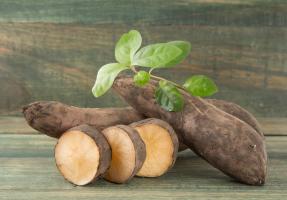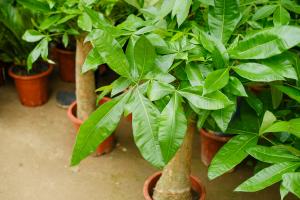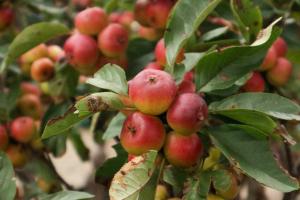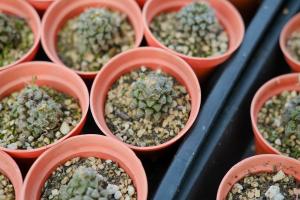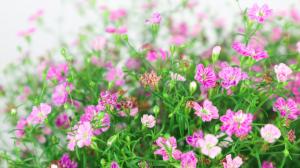Is it Ok to Use Plastic Pots for Plants?
One of the essential components of plant care is choosing the right pot for your plants. There are numerous materials available for planting pots, including plastic, clay, cement, metal, and more. However, plastic pots are one of the most commonly used types of plant pots. Many gardeners prefer plastic pots for their versatility, durability, and affordable cost. But the question remains, is it ok to use plastic pots for plants?
The Benefits of Plastic Pots
One of the significant benefits of using plastic pots is their durability. Plastic pots can withstand extreme temperature changes, making them ideal for outdoor gardening. They are also lightweight and easy to move around, making it easy to tend to your plants. Additionally, plastic pots are affordable and available in different shapes, sizes, and colors, allowing you to choose according to your tastes and preferences.
The Drawbacks of Using Plastic Pots
Despite their numerous benefits, plastic pots also have some drawbacks. One of the biggest drawbacks of plastic pots is their potential environmental impact. Plastic pots are made from petrochemicals, which are not biodegradable and take centuries to decompose. The disposal of plastic pots adds to the increasing plastic waste problem, polluting the environment and harming wildlife. Additionally, plastic pots have poor drainage capabilities, which can lead to root rot, and they can also heat up quickly, which can damage plant roots.
When to Use Plastic Pots
Despite their drawbacks, there are still situations where it is ok to use plastic pots for plants. If you are looking for an affordable option for temporary planting, plastic pots are a good choice. They are also ideal for starting seeds or propagating plants, as you can easily monitor their growth and move them around as needed. Additionally, if you live in an area with extreme temperature changes or high winds, plastic pots can withstand these conditions and provide better protection for your plants than other types of pots.
Alternatives to Plastic Pots
If you are looking for alternatives to plastic pots, there are several eco-friendly options available. Terra cotta pots are a popular choice and are made from clay and natural materials, making them biodegradable. Fabric pots are another eco-friendly option that allows for excellent drainage and aeration while providing an eco-friendly solution. Additionally, you can use recycled containers, such as tin cans or old buckets, as planting pots, reducing the amount of waste material.
Conclusion
In conclusion, plastic pots have their benefits and drawbacks, and whether or not it is ok to use them for plants ultimately depends on your consumption habits and environmental priorities. If you choose to use plastic pots for your plants, make sure to properly dispose of them and recycle wherever possible. Conversely, if you prefer eco-friendly alternatives, several options are available. Whatever your choice may be, keep in mind that the ultimate goal is to provide a healthy environment for your plants and contribute to a sustainable future.

 how many times do yo...
how many times do yo... how many planted tre...
how many planted tre... how many pine trees ...
how many pine trees ... how many pecan trees...
how many pecan trees... how many plants comp...
how many plants comp... how many plants can ...
how many plants can ... how many plants and ...
how many plants and ... how many pepper plan...
how many pepper plan...